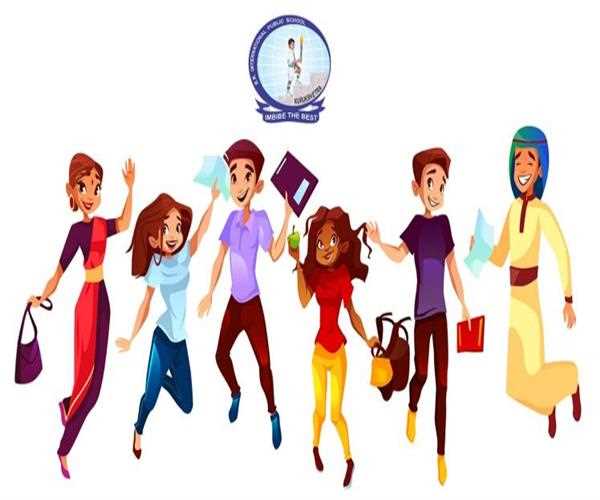Here are some conceptions about education in India:
- Education is the key to success: This is a widely held belief in India, and it is often used to justify the high value placed on education. Education is seen as a way to improve one's social and economic status, and it is also seen as a way to develop one's mind and character.
- Education is a lifelong process: This is another widely held belief in India, and it is reflected in the fact that education is not compulsory beyond the age of 14. Many Indians believe that education should continue throughout one's life, and they take advantage of opportunities to learn new things, even after they have finished their formal education.

- Education is for everyone: This is a relatively new conception in India, and it is still not universally accepted. However, there is a growing belief that education should be available to everyone, regardless of their social class, caste, or gender.
- Education should be relevant to the needs of society: This is a conception that is gaining ground in India, as people are beginning to realize that education should be more than just book learning. They are demanding that education be more practical and relevant to the needs of the workforce and the economy.
These are just a few of the conceptions about education in India. These conceptions are constantly evolving, and they are shaped by a variety of factors, including the country's history, culture, and economy.
Here are some of the challenges that India faces in terms of education:
- Poverty: Poverty is a major obstacle to education in India. Many families cannot afford to send their children to school, and even those who can often have to make difficult choices about how to allocate their limited resources.
- Gender inequality: Gender inequality is another major obstacle to education in India. Girls are often denied an education, and even when they are enrolled in school, they are often discriminated against.
- Quality of education: The quality of education in India is often poor. Many schools are overcrowded and understaffed, and the curriculum is often outdated.
- Language barrier: India is a multilingual country, and this can be a barrier to education for some students. Those who speak a minority language may have difficulty learning in a language that is not their own.
Despite these challenges, India has made significant progress in terms of education in recent years. The literacy rate has increased dramatically, and more and more girls are attending school. However, there is still much work to be done, and India needs to address the challenges it faces if it wants to achieve universal education.